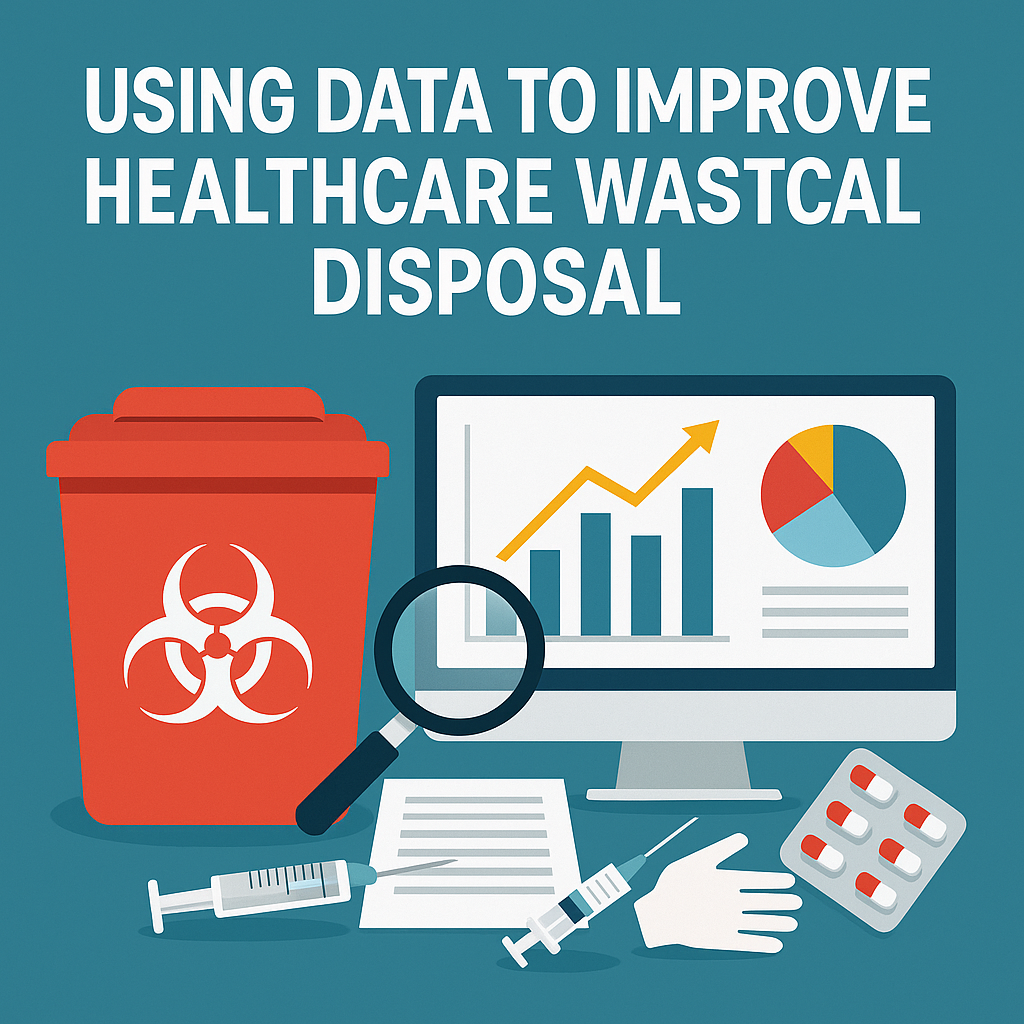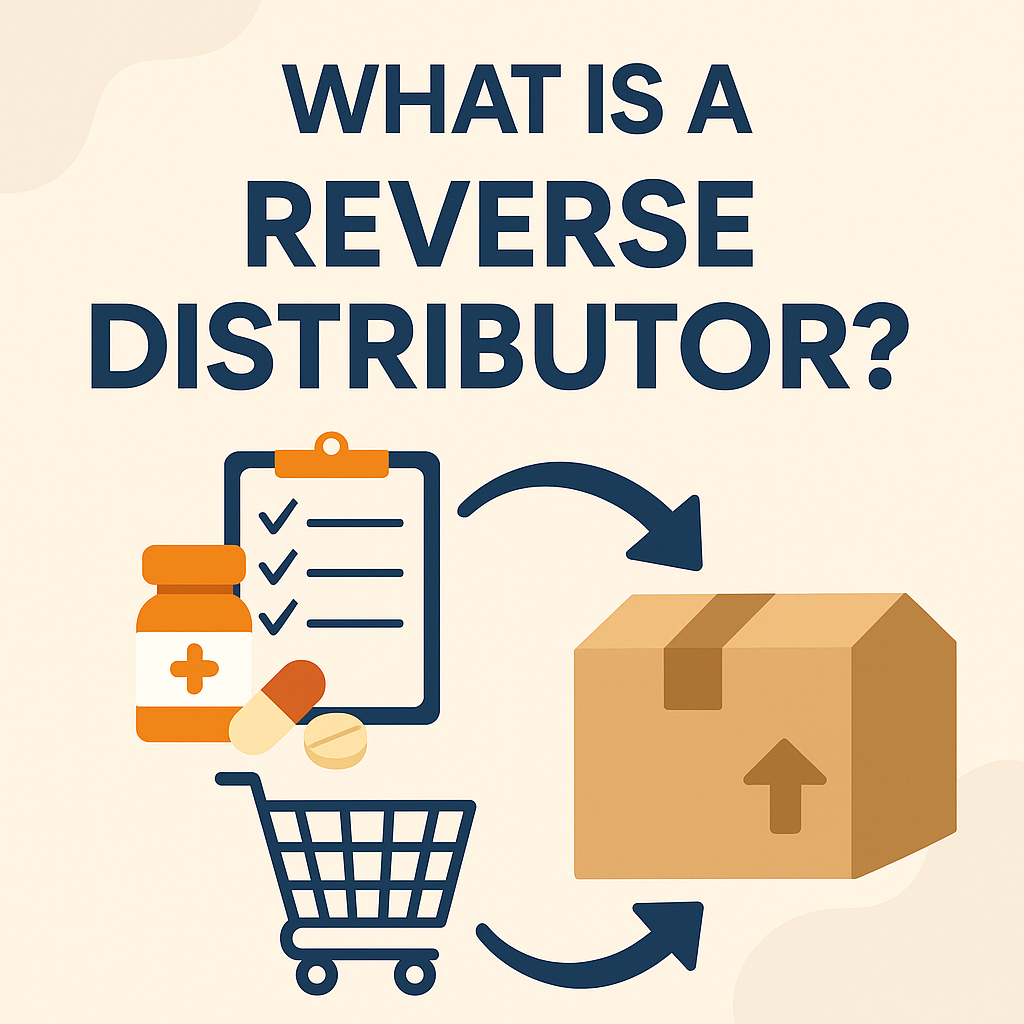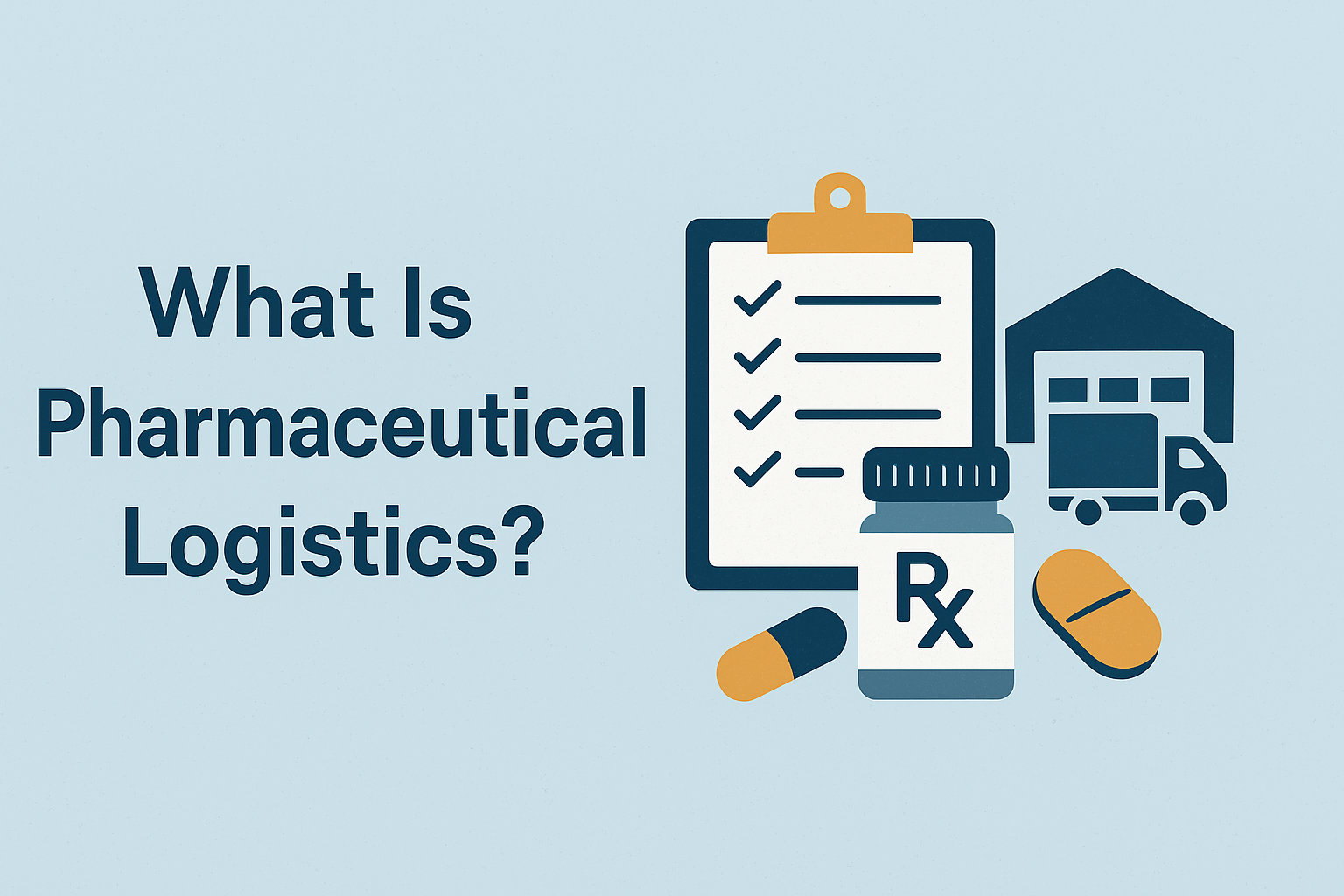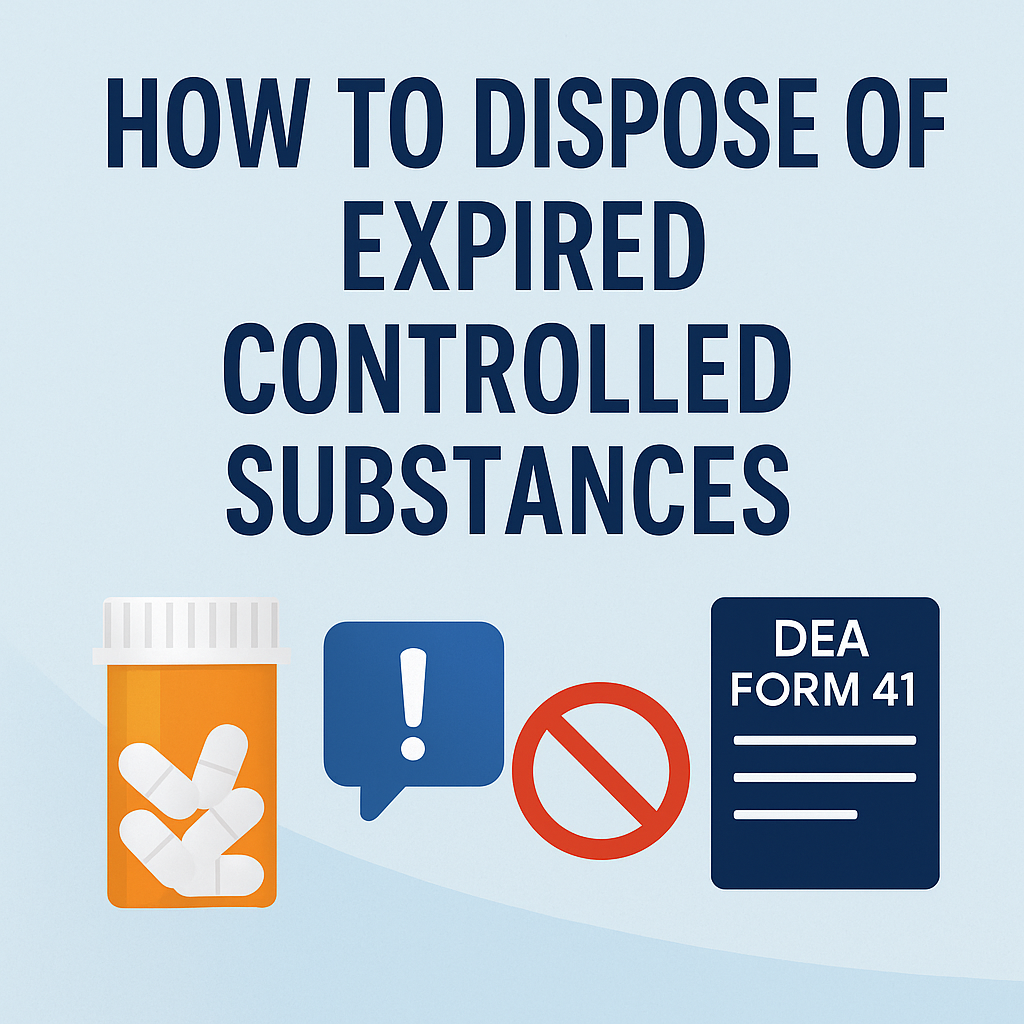What Is a Reverse Distributor? A Simple Guide for Pharmacies and Healthcare Facilities
What Is a Reverse Distributor? A Simple Guide for Pharmacies and Healthcare Facilities
3 min read
William Doxey
:
May 26, 2025 2:23:18 PM

Hospitals, clinics, and nursing homes create a lot of waste. Some of it is harmless trash, but a lot of it is more serious—like pharmaceutical waste, sharps, and hazardous pharmaceutical waste. As healthcare grows and people live longer, the amount of waste keeps going up.
Proper pharmaceutical waste management is important for keeping people and the environment safe. If we don’t dispose of unused or expired prescription drugs the right way, it can lead to pollution, fines, or even harm to patients or workers.
In the U.S., some pharmaceutical waste is treated as hazardous waste. The government calls this the Resource Conservation and Recovery Act (RCRA), and it’s managed by the Environmental Protection Agency (EPA). Any healthcare facility that creates waste is called a waste generator and must follow these strict rules.
Data analytics is changing how healthcare facilities manage their waste. With the right software, hospitals and clinics can track:
This helps teams find waste problems early, fix them, and ensure compliance with government rules. It also makes it easier to dispose of pharmaceutical wastes properly—especially those regulated as hazardous waste.
With real-time data, hospitals can:
A hospital in New York used data tools to sort out their different types of waste. By using analytics, they cut their pharmaceutical waste disposal costs by 20% and improved RCRA compliance.
This system added analytics into their patient software (EHR). That way, they could track which prescription drugs were used or returned. Expired drugs were quickly disposed of properly, reducing the risk of drug diversion or pollution.
If your facility wants to use data for managing pharmaceutical waste, here’s how to begin:
Whether you run a small clinic or a big hospital, using data can help your team ensure compliance, lower costs, and protect your staff and community.
The future of pharmaceutical waste management is smart, fast, and automated. Here’s what’s ahead:
Soon, tech will make it easier than ever to dispose of pharmaceutical wastes and stay ahead of regulations.
Handling hazardous pharmaceutical waste is more important than ever. With tighter rules and more public focus, healthcare providers need better tools—not just better guesses.
Using data analytics in your pharmaceutical waste disposal plan helps your team stay organized, stay safe, and stay legal. It also keeps you in line with the Resource Conservation and Recovery Act (RCRA) and EPA expectations.
We offer full-service support for pharmaceutical waste disposal, including for items regulated as hazardous waste. Our team helps you stay compliant, reduce waste, and run your facility more efficiently.
👉 Request a free consultation today
What is hazardous pharmaceutical waste?
These are medications or chemicals that are harmful to people or the environment. They're controlled under the RCRA by the EPA and must be disposed of carefully.
What does it mean to be a waste generator?
If your facility creates any kind of medical or pharmaceutical waste, you’re a waste generator under federal rules. That means you have to follow regulations for proper management and disposal.
Why is pharmaceutical waste management important?
It protects public health, prevents pollution, and helps you ensure compliance with laws like RCRA. It also avoids fines or shutdowns during inspections.
Can data really help with waste management?
Yes. Data shows you how much waste you create, where it comes from, and how to reduce it. It also tracks how your facility is performing over time.
What types of waste should be tracked?
You should track pharmaceutical waste, hazardous waste pharmaceuticals, sharps, biohazardous waste, and prescription drugs that are returned or unused.

What Is a Reverse Distributor? A Simple Guide for Pharmacies and Healthcare Facilities

What Is Pharmaceutical Logistics? A Simple Guide for Pharmacies and Healthcare Facilities

Safe Disposal of Expired Drugs for Healthcare Facilities Proper drug disposal isn't just a best practice—it’s the law. If you work in a hospital,...